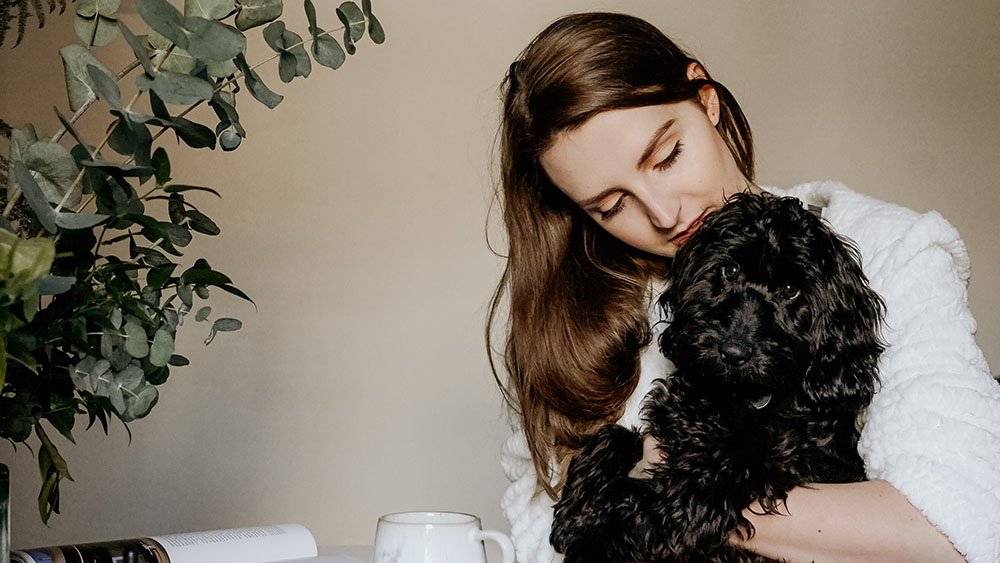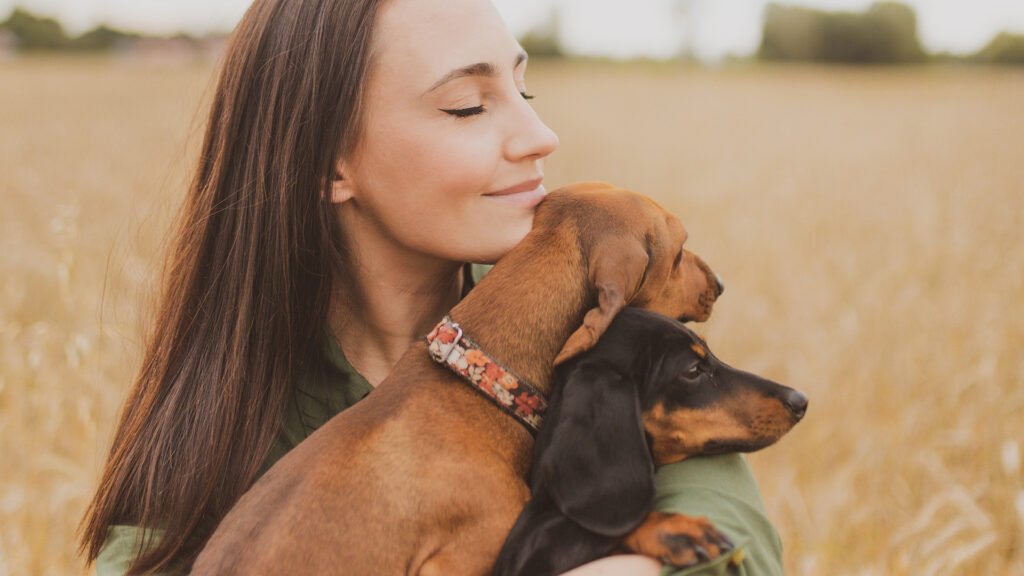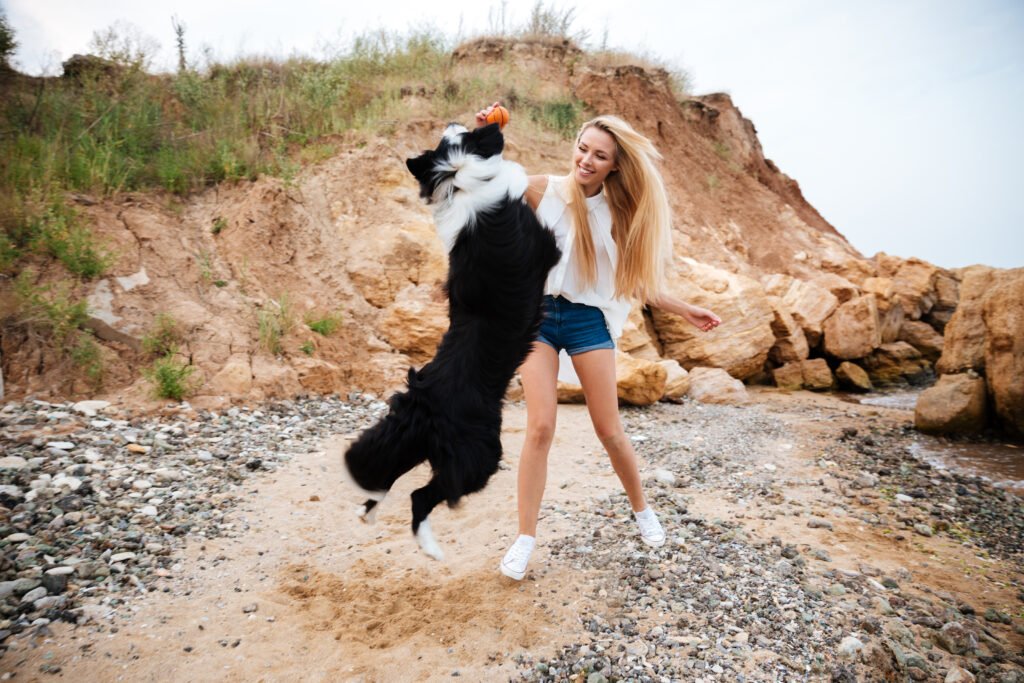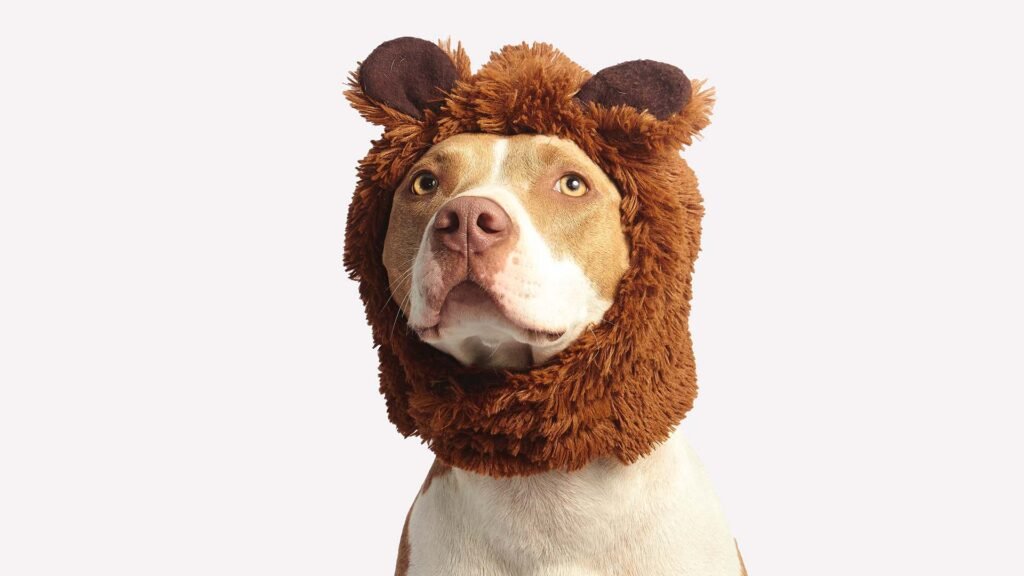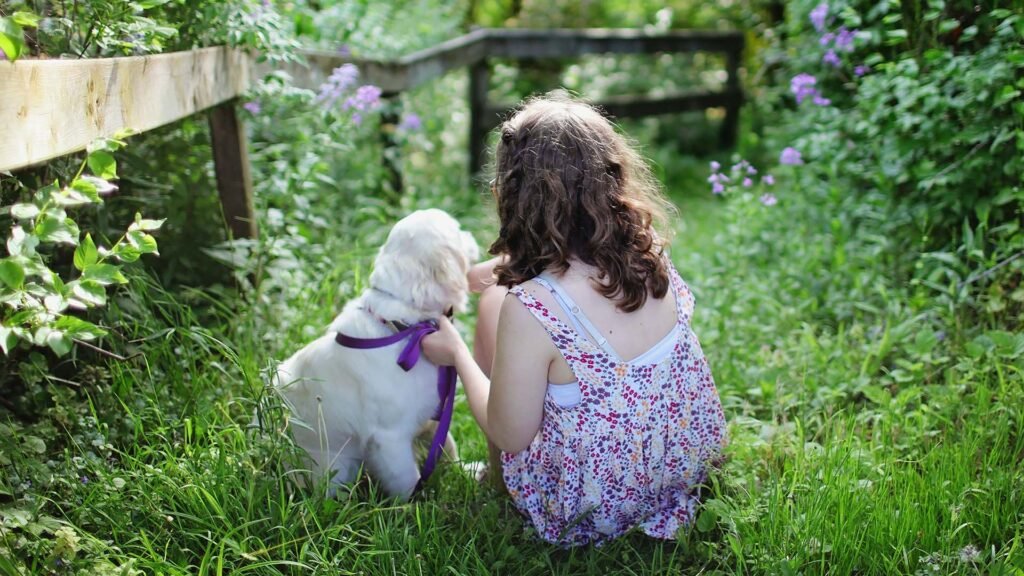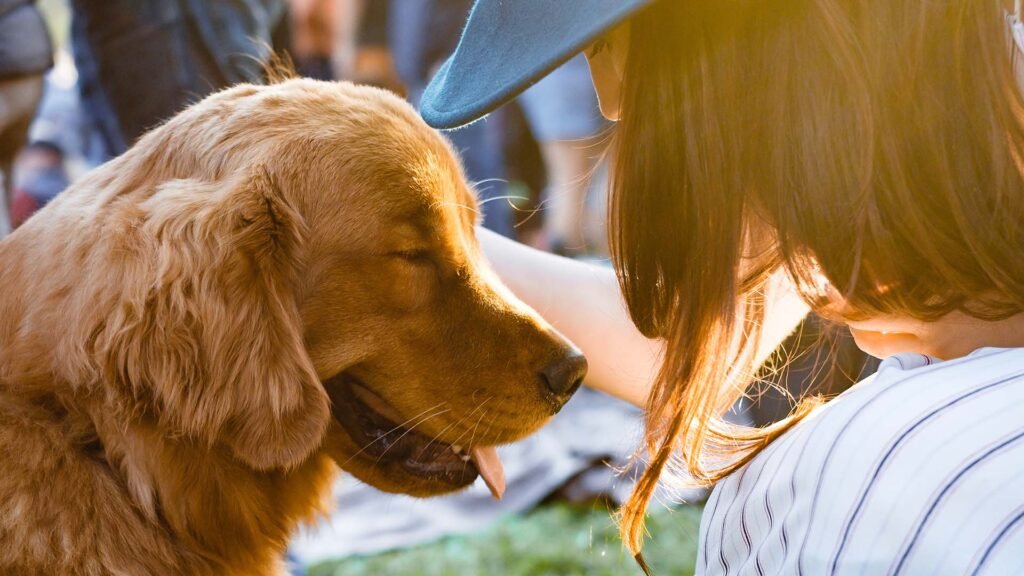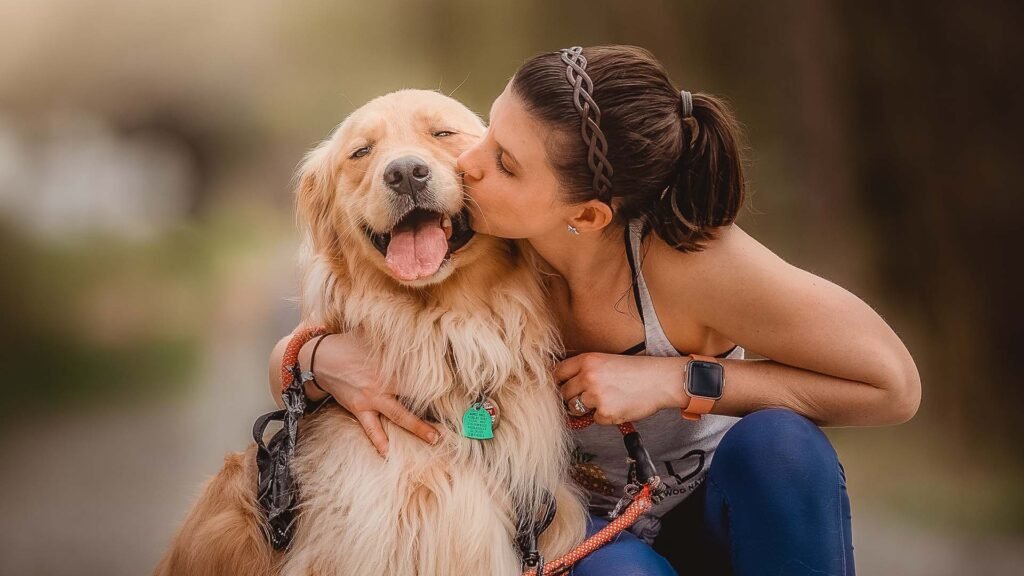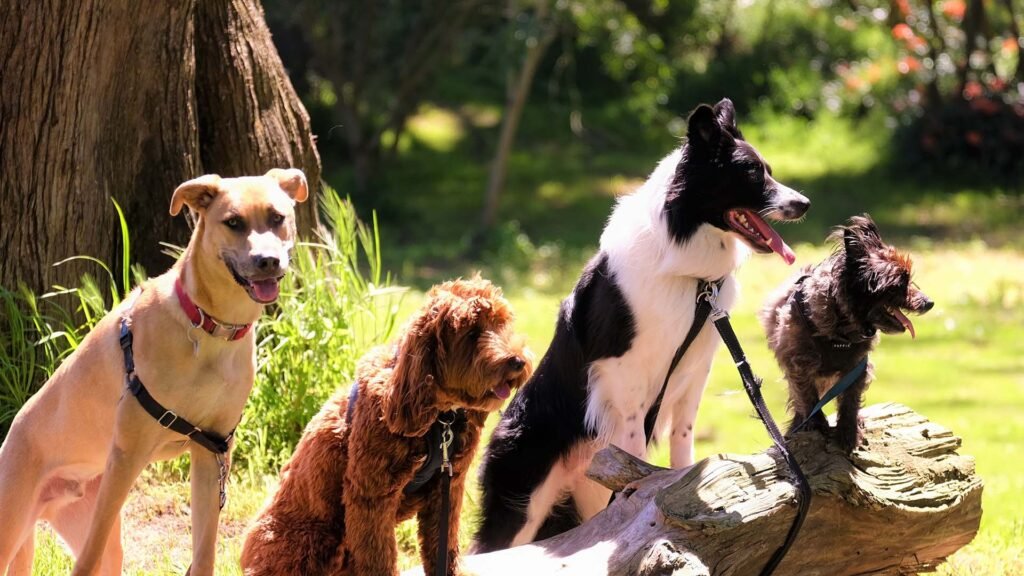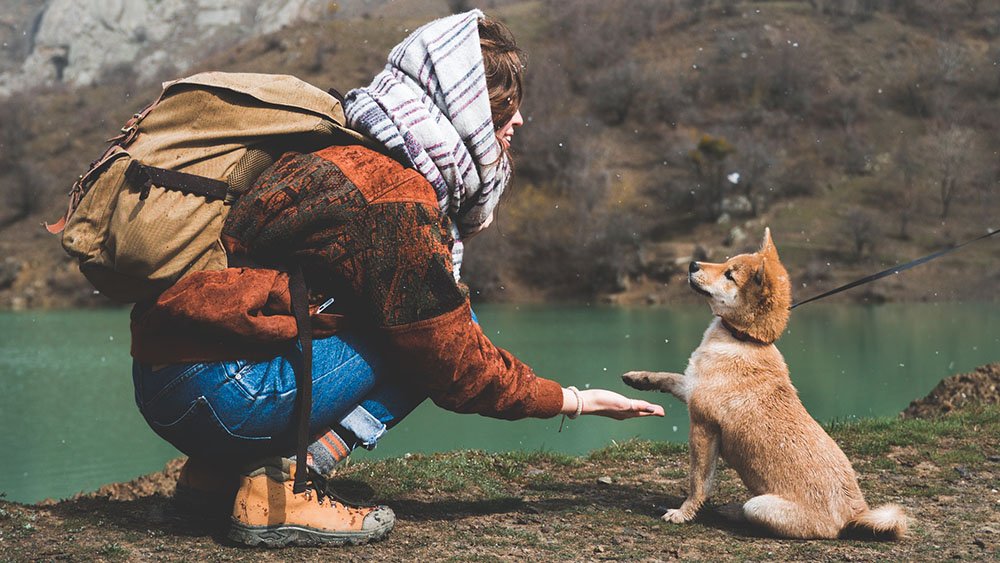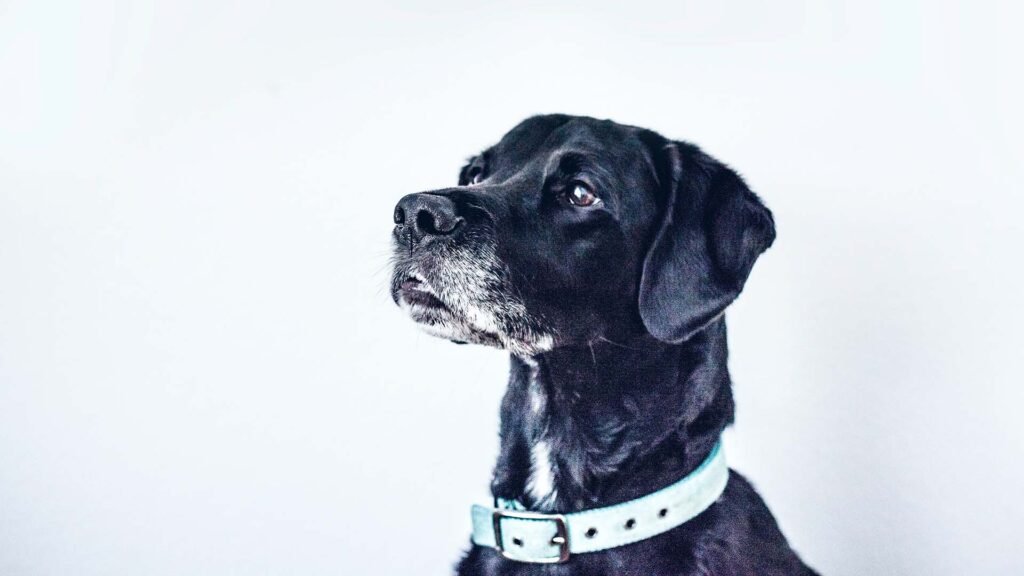
If you’ve just welcomed a new puppy into your home, congratulations! Puppies are adorable and bring so much joy into our lives. However, living with a puppy isn’t always easy. Here are a few behavioural tips to help make living with your new puppy a little bit easier.
Set rules and stick to them:
Be Consistent With Training:

A new puppy is a big commitment and a lot of work. You need to be prepared to put in the time to train your puppy properly. Consistency is key when it comes to training. You need to be consistent with the commands you use, the tone of your voice, and the rewards you give. One of the most important things you can do when living with a new puppy is to be consistent with your training. This means setting aside time each day to work on basic commands like sit, stay, come, and down. If you are inconsistent, your puppy will get confused and won’t learn as quickly. It’s important to be patient and persist with training, even when it seems like your puppy isn’t getting it. Remember, they are learning a whole new way of life and it takes time. With consistency and patience, you will have a well-trained pup in no time!
Reward Good Behavior:
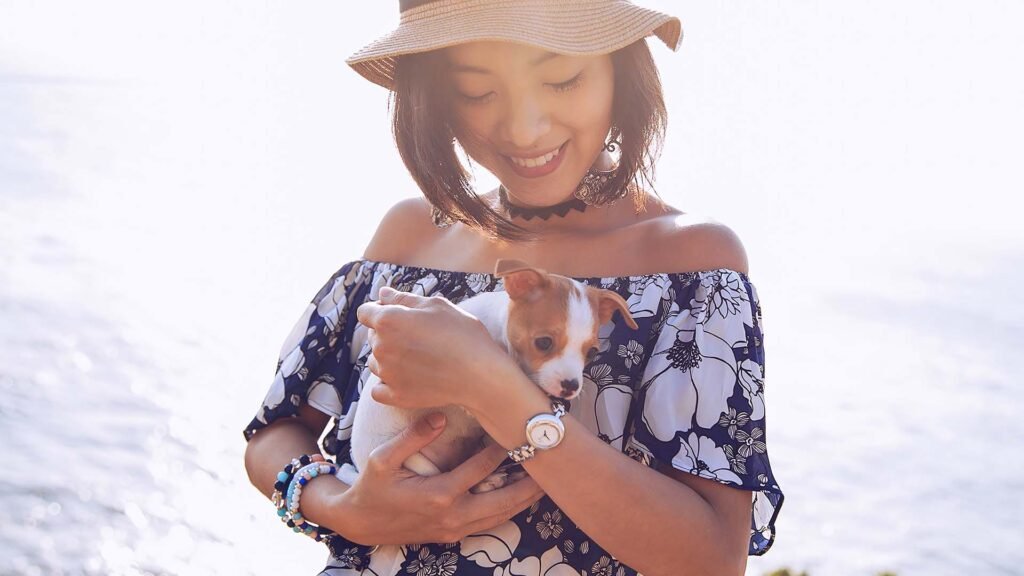
One of the most important things you can do when living with a new puppy is to reward good behavior. This will help your puppy learn what is expected of them and encourage them to continue behaving in the ways you want. There are a few different ways you can go about doing this.
One way is to use treats. Whenever your puppy does something you want, such as going to the bathroom outside or sitting when asked, give them a treat. This will let them know that they are doing something right and will make them more likely to continue doing it. Another way to reward good behavior is through positive reinforcement. This means praising your puppy whenever they do something well. For example, if they sit quietly while you put their leash on, praise them and give them a petting.
Ignore The Bad:

When you first get a puppy, it can be tempting to focus on all of the cute and perfect moments. But the reality is that puppies can be a lot of work. They need to be house-trained, they chew on everything, and they have boundless energy. It’s important to remember that these are all normal puppy behaviors and they won’t last forever.
One of the best things you can do for your new puppy is to ignore the bad behavior. If you scold them every time they have an accident in the house, they’ll start to associate going to the bathroom with being punished. And if you yell at them every time they chew on your shoes, they’ll think that chewing is a bad thing. It’s important to only give them attention when they’re doing something good so that they learn what behaviors are actually desirable.
Socialize Your Pup:
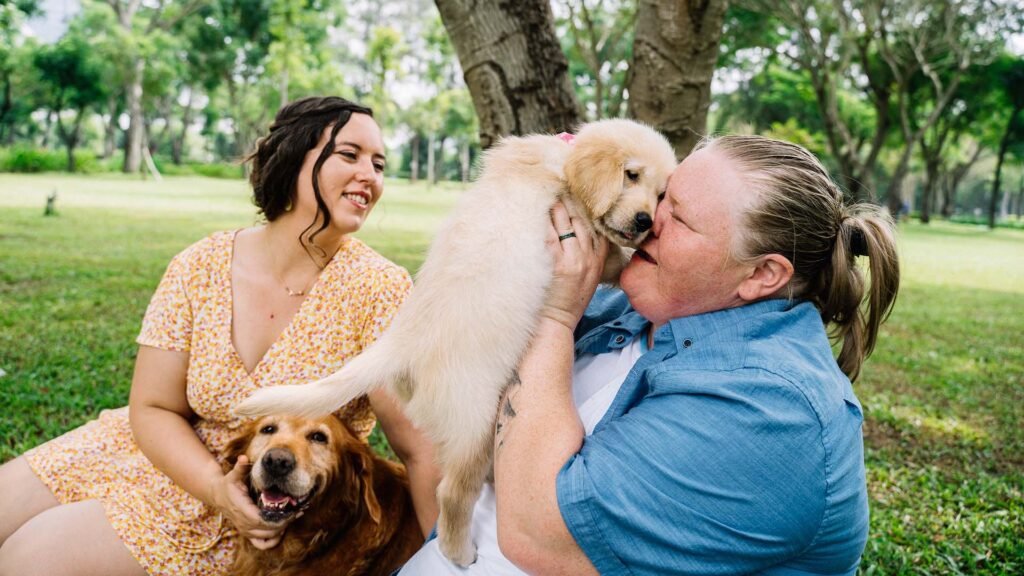
A new puppy is an exciting addition to the family, but it’s important to remember that they are still learning about their place in the pack. Socializing your pup from a young age is crucial to helping them grow into a well-adjusted dog. Here are a few tips for socializing your new puppy:
1. Take them out and about. The more places you take your puppy, the more they will get used to being around different people and animals. This will help them to be less fearful and more confident in new situations.
2. Introduce them slowly to new experiences. If you know there will be a lot of people at a party or event, introduce your puppy to one or two people at a time so they don’t get overwhelmed.
3. Make sure your puppy is well-rested and fed. A tired or hungry puppy is more likely to be anxious, so make sure they re ready for new experiences.
4. Don’t let your puppy run away when they’re scared. This could cause them to have an accident in the house, get lost or run into traffic. Instead, try holding them gently and petting them until they feel more comfortable.
5. Be patient. If your puppy is scared or nervous, don t force them to interact with others. They may not be ready to handle it just yet.
In Conclusion,

These behavioral tips for living with a new puppy will help you foster a healthy and happy relationship with your new furry friend. Remember to be patient, consistent, and have lots of treats on hand!


